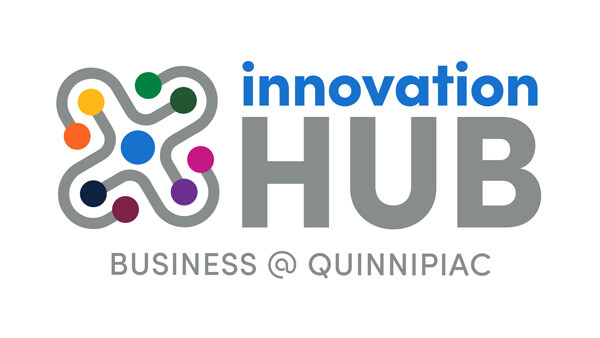
Whether developing electronic systems for a hospital’s medical records or ensuring the information security of an international bank, CIS professionals are crucial to employers in virtually every industry.


Whether developing electronic systems for a hospital’s medical records or ensuring the information security of an international bank, CIS professionals are crucial to employers in virtually every industry.

In this program, you’ll learn the important role of information systems in organizations, from the use of information technology for strategic decision-making and competitive advantage, to effective and efficient electronic business and e-commerce strategies. This expertise opens the door to many professional roles, including infrastructure architect, quality assurance specialist, project manager, programmer and systems analyst, to name a few.
Faculty members are leaders in their field, and our low student-to-faculty ratio ensures you receive personalized mentoring you need to thrive. You’ll manage projects under their guidance and independently, taking into consideration budgetary constraints, ethical and legal concerns, and many other variables.
Internships are a requirement in this program, ensuring that you gain relevant, hands-on experience. Our students have interned at such top companies and organizations as Aetna, BBC America, Cigna, Credit Suisse, The Hartford, Travelers, United Technologies and the Veterans Administration.

Naomi Robinson '19
Computer Information Systems major Naomi Robinson '19 originally arrived at Quinnipiac as an athletic training major. She transferred to the School of Business not long after, with a particular interest in its CIS program.
”It was very easy switching between schools,” Robinson said. ”I really appreciated the flexibility that Quinnipiac offered.”
Robinson soon found herself thriving in such complex courses as Enterprise Systems, Object Oriented Programming and Database Programming & Design. She works in an IT-related job on campus, and continues to network with representatives from large companies at career fairs and other events.
”The resources that Quinnipiac has offered have been amazing,” she said.
A member of the Student Programming Board, Robinson spent the majority of her Quinnipiac experience involved in activities on campus. Her involvement, however, has not been limited to computing organizations. Her commitment to diversity and inclusion shone as a member of both the African and Caribbean Student Union and the Black Student Union. She even started a club with her roommates called NaturallyMe, dedicated to hair care and the idea that women should embrace their natural hair type.
”These activities have allowed me to go to many different events,” Robinson said. ”I'm able to promote diversity right here on campus, and speak my mind about current issues.”

The Innovation Hub provides students with a uniquely collaborative and interdisciplinary opportunity by bringing together the university’s innovation ecosystem. It delivers dedicated spaces — physical ones and virtual ones — that spark exciting new ways to create 21st-century solutions and act as an incubator for entrepreneurial pursuits across the university.
With a university alumni network more than 50,000 strong, we have connections with thousands of employers around the world.
Avg. Salary $146,360
Computer and information systems managers, often called information technology (IT) managers or IT project managers, plan, coordinate and direct computer-related activities in an organization. They help determine the information technology goals of an organization and are responsible for implementing computer systems to meet those goals.
Avg. Salary $90,920
Computer systems analysts, sometimes called systems architects, study an organization’s current computer systems and procedures, and design solutions to help the organization operate more efficiently and effectively. They bring business and information technology (IT) together by understanding the needs and limitations of both.
Avg. Salary $92,072
Data engineers are responsible for developing and translating computer algorithms into prototype code and maintaining, organizing, and identifying trends in large data sets.
Avg. Salary $69,590
Application developers help companies keep up with the latest technologies and developments on the web. Application developers must be able to create, develop, manage and maintain new programs and software.
Avg. Salary $97,478
Accounting software developers are responsible for creating, maintaining and improving on software that accounting organizations use to manage finances.
With an abundance of career-focused information and resources, the career advisers within the School of Business support students as they expand their professional networks and attract the attention of prestigious employers.
The Department of Homeland Security has determined that this program meets the requirements for STEM designation.
STEM (science, technology, engineering and math) graduates are in high demand. According to the Bureau of Labor Statistics, there will be over 1.12 million jobs in STEM occupations in the next 10 years. The Department of Defense also estimates that more than 80% of jobs will require STEM skills over the next decade.
In addition, STEM-designated programs allow certain international graduates to remain and work in the United States for an additional 24 months after graduation on top of the standard Optional Practical Training period (up to 12 months) in order to receive additional training through their work experience.
Our undergraduate admissions counselors are here to answer any questions you may have and help you navigate the application process.